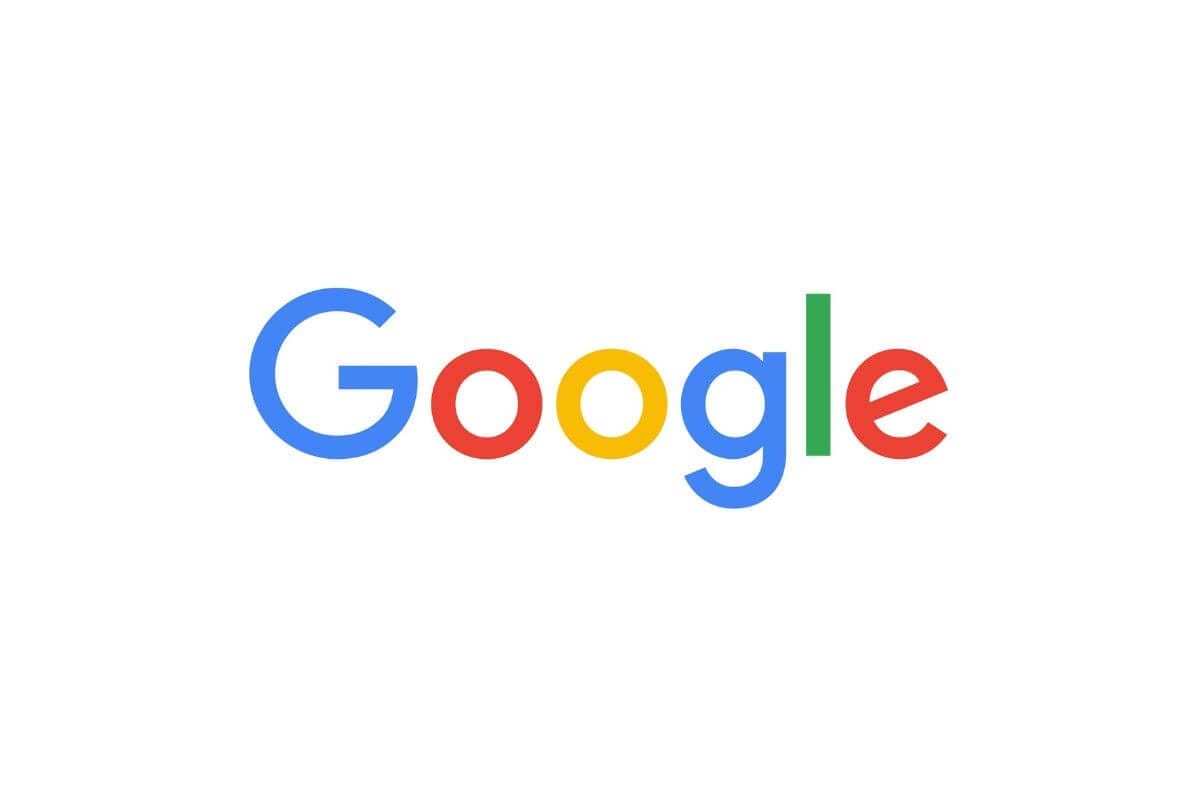
Google made significant AI announcements in early December, including Gemini 2.0, which the company claims is their most capable model with agentic capabilities. We have already covered this major update in an earlier article; however, there are a few other updates from Google that we will cover in this December 2024 edition. These innovations aim to enhance productivity, provide deeper insights, and drive business transformation. Here's a summary of the key AI announcements from Google in December:
Also Read: Google Launches Gemini 2.0: A New AI Model for the Agentic Era
1. AI Agentic Models
Google launched Gemini 2.0, its most advanced AI model, equipped with agentic capabilities that can understand environments and take actions on behalf of users. Additionally, experimental models like gemini-exp-1206 in AI Studio, Gemini Advanced, and an experimental '"thinking" version of Gemini 2.0 were introduced for developers to explore. According to Google, these advancements mark a step closer to its vision of a universal AI assistant to make information even more accessible to everyone.
2. AI for Video and Image Generation
Google released its latest AI video and image generation models — Veo 2 and Imagen 3. These models, according to the company, set new benchmarks in AI-driven video and image creation. Google stated that Veo 2, in particular, now has a better understanding of real-world physics, enabling it to produce incredibly high-quality videos with improved detail and realism overall. These models are available in VideoFX, ImageFX, and the Labs experiment, Whisk.
"YouTube creators are exploring the creative possibilities of video backgrounds for their YouTube Shorts, enterprise customers are enhancing creative workflows on Vertex AI and creatives are using VideoFX and ImageFX to tell their stories. Together with collaborators ranging from filmmakers to businesses, we’re continuing to develop and evolve these technologies," said Aaron van den Oord, Research Scientist at Google DeepMind, and Elias Roman, Senior Director of Product Management at Google Labs, together in a blog post.
Also Read: Google AI Powers Over 300 Real-World Gen AI Use Cases: December 2024 Edition
3. AI Insights and Tools
Google's NotebookLM received a significant upgrade with new features, including a premium version (NotebookLM Plus). Notably, the 2024 Spotify Wrapped AI podcast was created using this tool.
"Your Spotify Wrapped AI podcast features the two AI hosts from NotebookLM "unwrapping" your year in music," said Janakitti Ratana-Rueangsri, Associate Product Manager at Google Labs.
"Currently, the Wrapped AI podcast is available in English for eligible Free and Premium users in the US, UK, Australia, New Zealand, Canada, Ireland and Sweden, but only for a limited time," Google said.
4. Enhanced AI Features for Android
Enhanced AI features were also added to Android and Pixel devices, improving the user experience. These AI-powered features include easier photo navigation and sharing, updates to make Call Screen more user-friendly, enhanced document scanning in Google Drive, and audio captions that capture the emotion and intensity of speech.
5. Business Productivity with AI
Looking ahead to 2025, Google predicts that AI will improve enterprise security, search, and customer experience. Businesses of all sizes will be able to use AI agents to simplify complex tasks. To support this, Google Cloud introduced Google Agentspace, a platform that combines AI agents, Gemini's advanced reasoning, and enterprise data to enhance business productivity. Furthermore, Google Cloud announced that Veo and Imagen 3 are available for businesses on Vertex AI.
"2025 will be a pivotal year as AI transforms how companies operate, compete, and innovate," said Oliver Parker, Vice President, Global Generative AI Go-To-Market at Google Cloud, while sharing the five key trends shaping the future of business. These include: multimodal AI delivering more context, AI agents simplifying complex tasks, enterprise search providing people with the knowledge they need, AI-powered customer experiences improving even further, and AI enhancing security systems.
"In 2025, AI will help bolster defenses, identify and combat threats, automate manual security tasks and accelerate response times. However, this also leads to an "arms race" between defenders and attackers, as adversaries leverage AI for more sophisticated attacks. Organizations must proactively address this challenge. Financial institutions can use AI to detect counterfeit documents, and manufacturers can use it to keep data safe and identify potential risks. We also predict that the media and entertainment industry will use AI to combat deepfakes and misinformation," Google said.
Also Read: Google and Vodafone Expand Partnership to Bring AI-Powered Services Across Europe and Africa
6. AI for Weather Prediction
Google's DeepMind launched GenCast, a new AI weather model that delivers faster, more accurate weather forecasts up to 15 days ahead, particularly for extreme weather events. Google has made GenCast an open model for wider collaboration to help accelerate research and development in the weather and climate community.
7. Quantum Computing and AI
Google also unveiled Willow, a state-of-the-art quantum chip that solves key challenges in quantum error correction. Willow's capability to perform tasks in minutes that would take supercomputers millennia could unlock new possibilities for AI development, according to Google.
"It (Willow) cracks a key challenge in quantum error correction that the field has pursued for almost 30 years, while also performing a benchmark computation in 5 minutes that would take one of the world's fastest supercomputers 10 septillion years (which is greater than the age of the universe). Advanced AI may significantly benefit from access to quantum computing — and as we've now reached an exciting milestone in the Gemini era this month, we’re looking forward to continuing to explore the possibilities of these transformational technologies," Google said.
"Quantum computation will be indispensable for collecting training data that's inaccessible to classical machines, training and optimising certain learning architectures, and modeling systems where quantum effects are important. This includes helping us discover new medicines, designing more efficient batteries for electric cars, and accelerating progress in fusion and new energy alternatives," said Hartmut Neven, Founder and Lead at Google Quantum AI.















